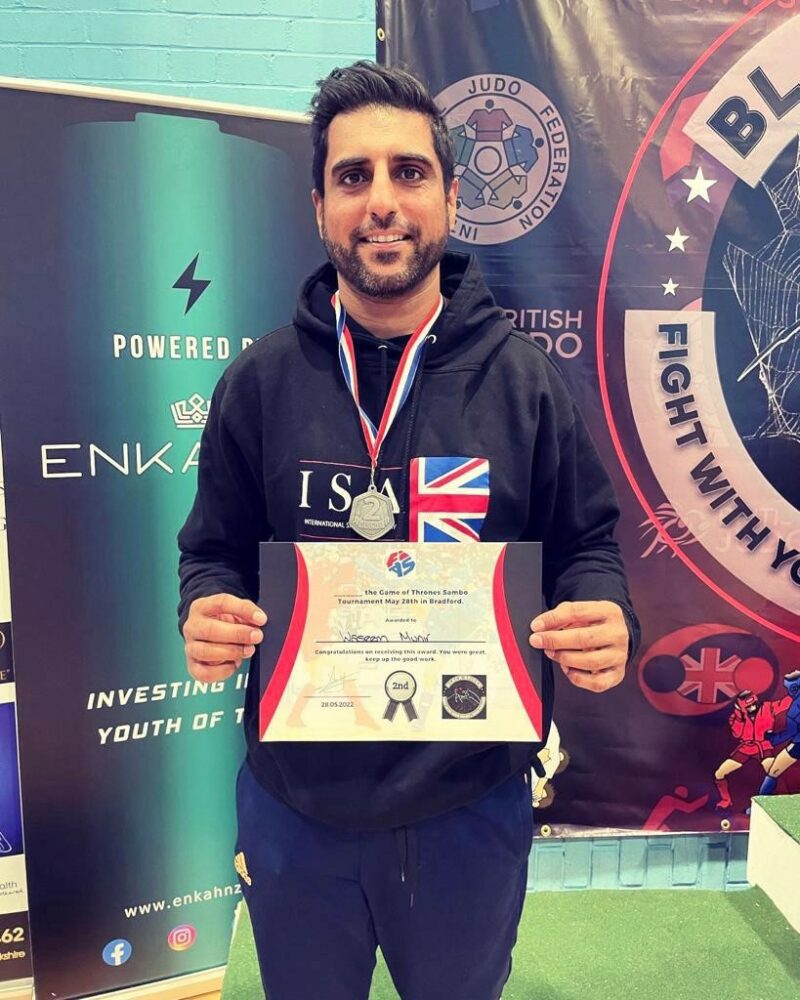How did you first get involved in improvement, and what has been your journey since then?
My journey began as an A&E nurse, where I had the opportunity of getting involved in improving how patient needs are attended to. I was asked by my Matron to introduce the Jones’ Dependency Scale within the department and look for a way that this could be rolled out. After reading the material given to me, I planned to re-design the A&E department’s observation chart to include the scale, and pilot before rolling it out more widely. Although I had the support of my Matron and some of my colleagues involved in the pilot, many had fed back to me about my lack of engagement with them to explore whether a scale was needed in the first place.
This helped me identify a huge gap in my own personal capability in how I bring about change and therefore, was the beginning of my journey in learning more about quality and improvement. After a few years, I was involved in a few other pieces of work across the trust and then decided that I wanted to pursue a career in quality and had the opportunity to do so through several different roles which broadened my knowledge and experience in quality management, patient safety, and improvement to my current role as Head of Clinical Governance and Quality.
What most inspires you professionally?

I spend a great deal of my personal time in a variety of competitive grappling sports (Jiu-jitsu, Sambo, and wrestling), which has shaped much of my professional approach to improvement. Grappling requires a high degree of learning from failure, and it takes time to become comfortable with that, until you’re able to fully understand that your progression heavily relies upon this approach. Whilst responsibility for individual performance is key, there is an ethos about progressing as a collective team through peer support, as my success also depends on the success of others whom I train with, which I feel is very powerful.
Continuous improvement shares enormous similarities with this, which I have been able to bring into my work, particularly when engaging people in making improvements and being open with learning from failure to collectively deliver shared outcomes. I recently tweeted an article about how Gordon Ryan’s (a well-renowned grappler) primary success was based on Kaizen, a concept infused within the team by his coach, John Danaher. Central to this thinking is also remembering that learning never stops, no matter how much you feel you have achieved.
…my success also depends on the success of others whom I train with, which I feel is very powerful.
Can you share a hard-won lesson you’ve learnt about what makes for a successful (or unsuccessful) improvement project?
Quite often we hear how certain people may be excluded from a piece of work, because they are deemed ‘a bit difficult’ or ‘challenging’, but often these are the very people we need to avoid ‘group thinking’ to ensure we have the best ideas, they are often the ones who help us to see a potential flaw in our plan or can help us to think outside of the box. As a team, if we are able to collectively agree on some guiding principles to ensure a psychologically safe space from the outset, then there should be no reason to exclude anyone.
What change could we make that would do most to embed continuous improvement in health and care?
I think culture change is what’s needed most for successfully embedding continuous improvement, which is what I primarily focus on in almost every interaction that I have with people. Training, communication and engagement, tools, resources, coaching support, alignment with strategy, and co-production with service users and carers go a long way, but shifting people’s mindset to making continuous improvement ‘business as usual’ is the golden thread.
Why did you join Q?
Q has been a great way to connect with others and learn about the work people are doing. Before the pandemic, the annual face-to-face Q conference was really useful in making those connections and learning even stronger. These were my primary reasons for joining Q and to date, has proven very successful in helping me to meet my goals.
Q has been a great way to connect with others and learn about the work people are doing.
What new connections have you made as a result of joining the Q community – and what have you learnt so far?
During my time at Pennine Care NHS Foundation Trust, I attended a Q network meeting in Birmingham to discuss a UK-based organisational maturity tool for improvement. Here, I was introduced to an existing one from Australia, the Organisational Strategy for Improvement Matrix (OSIM). I took this back to my trust and used it to make a baseline assessment with my colleagues and then plan on how we would meet closing some of the gaps identified. It was a great way to get everyone to collectively work together in embedding improvement and we were also able to benchmark ourselves with Greater Manchester Mental Health NHS Foundation Trust, who had also used the tool. This is a great example of how Q helped me to bring back learning and also make great connections locally on shared interests.
Can you tell us about something you’re currently working on that Q members might be able to get involved with?
I am now currently working on improving the system/structure, processes, and culture in how people engage with clinical governance at Leeds and York Partnership NHS Foundation Trust. Although we are almost half-way through this piece of work, there is already much learning to share and Q members are most welcome in contacting me to hear about our journey or offer any insights they have in how we could make our work even better.